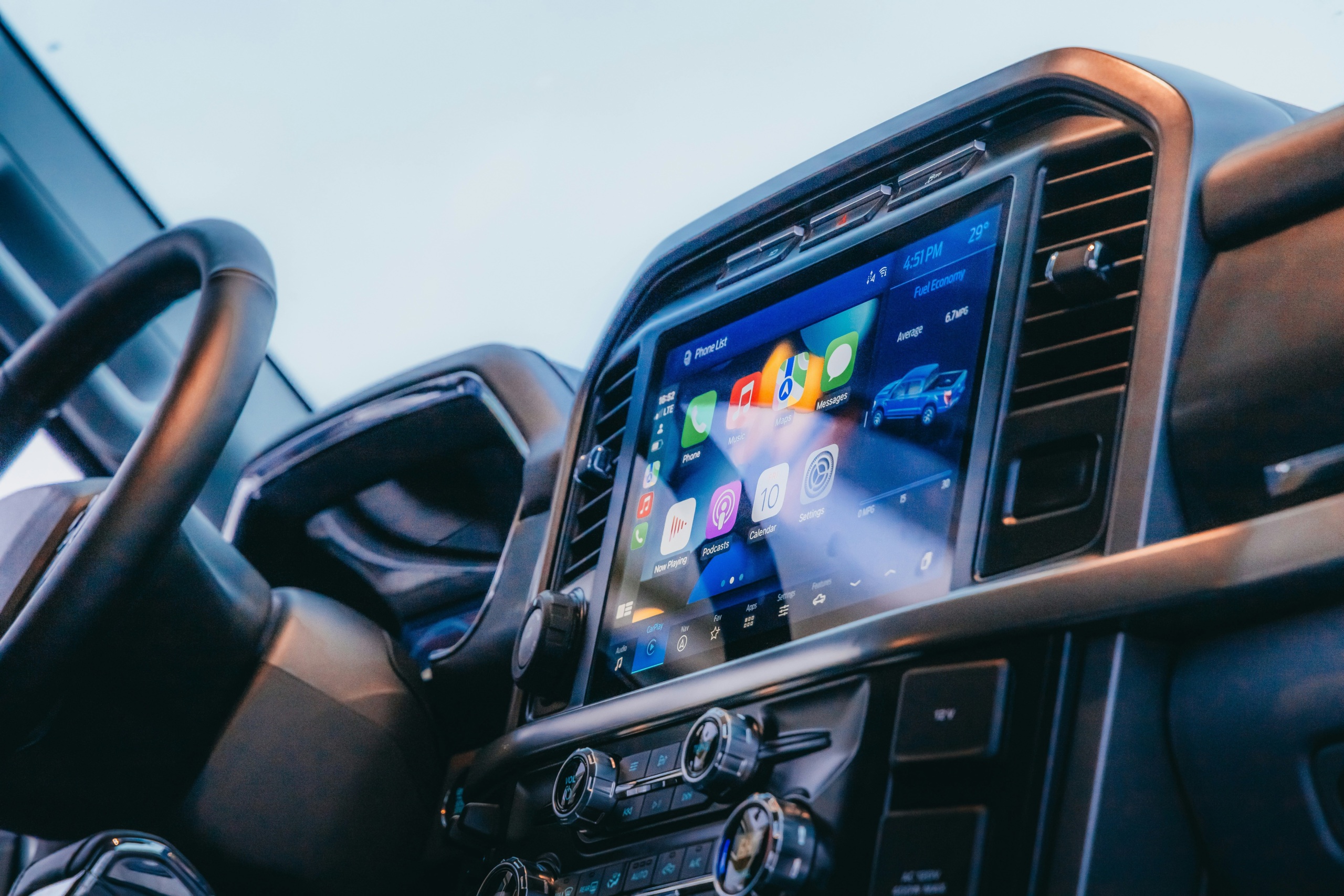US House Transportation Bill for the 19th Century, not the 21st Century
With much fanfare and 854 days late, the U.S. House last week introduced bills to fund our nation's transportation system for the next five years. The new rules for spending $260 billion over five years would be tilted more toward highways with less going to buses, rail, biking and pedestrian trails.
With much fanfare and 854 days late, the U.S. House last week introduced bills to fund our nation’s transportation system for the next five years. The new rules for spending $260 billion over five years would be tilted more toward highways with less going to buses, rail, biking and pedestrian trails. Given the nation’s urgent need to reduce our addiction to oil, that in itself would have been a tragedy.
But later in the week tragedy turned into a dangerous farce. The House introduced additional legislation proposing that new revenue for the Transportation Fund would come through increased volumes of oil drilling and that public transit would be kicked out of the transportation fund. This breaks with three decades of public transit being supported by a small portion of the federal gas tax. The House measure would instead funnel all these funds to highways, and leave mass transit to search for new money from Congress at a time when debt reduction rules require massive cuts to the general budget.
If you were trying to make America as addicted to oil as possible, you might design legislation like this.
The agenda advanced by the House flies directly in the face of clear trends in how Americans are choosing to travel. The number of miles people drive has been trending downward since before the recession, reversing six decades of previously steady growth. According to the latest data, the number of vehicle miles driven is lower than any point since 2004. Meanwhile transit ridership has increased 9 percent since 2004, even in the face of budget-induced service cuts and fare hikes.
Even on its own self-declared terms as a “jobs bill,” the House measure fails miserably. Past studies consistently show that spending on highways creates fewer jobs than the same dollars would invested in public transit, an experience further confirmed by data from the Stimulus Act.
Paying for highways through commitments to drill for more oil is both preposterous and perverse. The potential drilling revenue just doesn’t add up and would be delayed for several years before the new wells and exploration could even move forward. More broadly, America needs a transportation system that uses less oil. You don’t accomplish that by committing to drill more. It’s akin to funding a program to reduce smoking by lowering the tobacco age limit to generate more cigarette taxes.
While the drilling proposal met knowing disapproval, the move to defund transit has ignited a firestorm of protest. Over 600 groups including the Chamber of Commerce and AARP mobilized over the course of twelve hours to denounce the move in a joint letter. The U.S. Secretary of Transportation, a former Republican legislator, declared the House legislation to be the worst transportation bill in history.
The House has dangerously breached the past precedent which has long supported public transportation; but it may also have created a Paul Revere type rally to arms for transportation advocates roused across American. Let’s hope so.
Co-written with Phineas Baxandall, Senior Tax & Budget Analyst for Arizona PIRG.
Topics
Authors
Jason Donofrio
Find Out More

Car companies are sneakily selling your driving data

Apple AirPods are designed to die: Here’s what you should know

New report reveals widespread presence of plastic chemicals in our food
